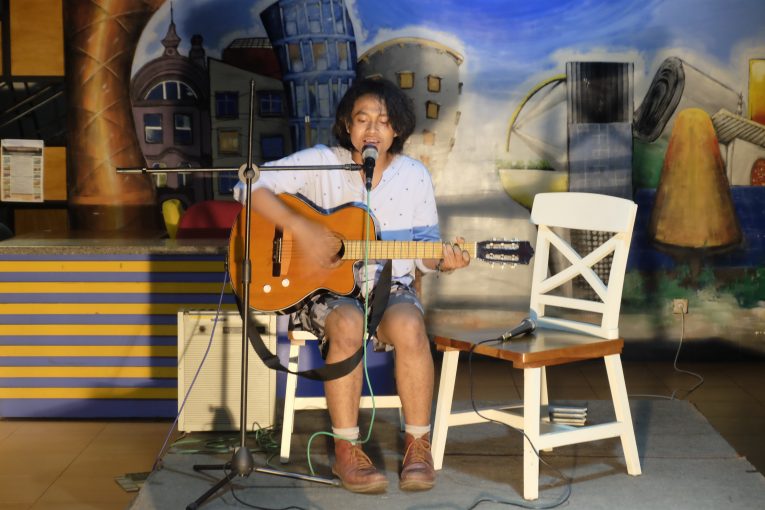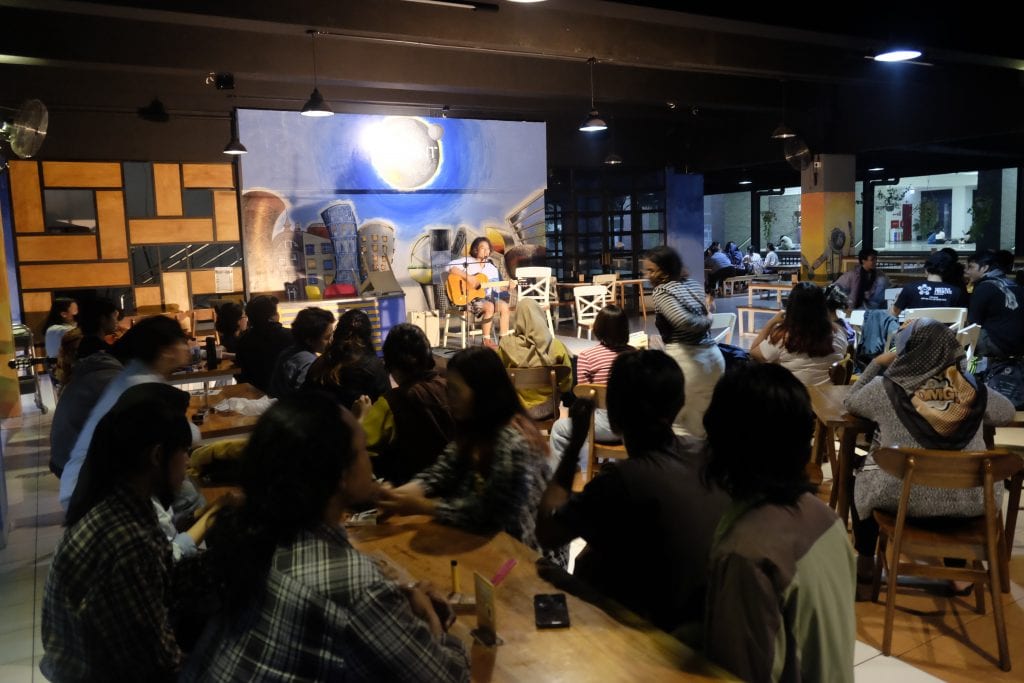
Literature is going through rough times. Some might say that it is inching closer towards its doom. Mario Vargas Llosa, a Peruvian literature aficionado, said in its compilation of essay called “The Death of a Great Writer”, that literature in the modern era have lost its magical touch. This is ironic seeing how decades ago, literature was on par with religion; philosophers and literati from all across the world grows rapidly like wild seeds on earth. We know them as the giants of civilization; Sartre, his wife Simone, Zola, Borges, Chekov, Tolstoy, and many more. Meanwhile, now, finding writers on their level is close to impossible.
Decades ago, the world was filled with humans consumed with the act of self reflection. Now, things are the other way around. Humans fill their life with entertainments and attempts to runaway from things they are worried about and from uncertainty. Llosa, voicing his concern, termed this era as “Civilization of the Spectacle”. In “Civilization of the Spectacle”, Llosa argued that jokers will reign as king, and the trajectory of culture will be decided by salesmen. In this civilization, literature, philosophy, and art will not have a place and intellectuals will lose their social role in the world. This civilization’s irony fits well to the analogy of the bar; full of music, lights, and festive people but is so dark and pitiful.

That bar analogy can perfectly describe the condition on the first floor of UGM’s Fisipoint, last Wednesday night. But, what happened was le meilleur des mondes possible or “the best thing that could ever happened”: even in that dark place, a group of people gathered, contemplated, and talked to each other. What stood in front of them was a small stage where everyone can sing and read poetries. Selasar Theater was the one who held the event. They simply titled the event “Literature night, me and you”. Literature night is routinely held every semester. Students from different faculties often come to that show to sing or read poetry for fun.
Starting from 6 pm, the stage is opened for those who wants to perform. Attendants become performers and performers become attendants for the whole night. Gaudensius Davin, the leader of Selasar Theater, performed the “Don’t Be Like Your Father” song by Iksan Skuter. He did so while asking to the crowd: “Who here was not allowed by their parents to jump into the world of literature and art?!” Attendants raised their hand and sang along: “Flying to the sky, follow your heart!”
The question and song Davin brought that night was one of desperation. Parents or generations before them was skeptical about art. Their tendency to think that way is prevalent in our society. Are there parents or neighbors who excitedly think that a child who loves piano, who is great at writing, who likes drawing, are the seeds of geniuses that needs to be protected because those children might change the world one day? A short reply suffices for this question: there is none.
In our society, artists and writers are idealist that needs to be pitied. To continue creating, they have to struggle through a condition of lack. Parents and society at large can’t bear the anxiety of letting their grandchild dream of heading to that direction. On the worst condition, only artists with a low sense of humor and salesmen are those that can live prosperously and that can take their family to a trip to Europe.
The thing is, those stigmas does not make the attendants of the Literature Night and the member of Selasar Theater complainers. In a building that is used by university students by day, these people used the building to celebrate arts and literature by night. A small stage made by two levels of wood and one acoustic guitar is transformed to a place fit for performing songs and poetries. All the people there were happy, and a little bit excited, thinking that every possibilities needs to be celebrated. In this moment, Llosa shouldn’t be too sad. Before he dies, on his age of 83, he must continue to write.
Translator : Ni Made Diah
